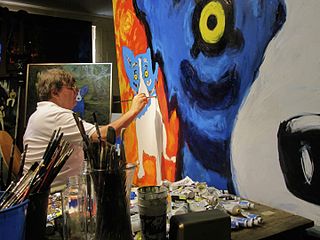A Quote by Bill Gates
The two areas that are changing... are information technology and medical technology. Those are the things that the world will be very different 20 years from now than it is today.
Related Quotes
What I’m trying to show is that the main event today is not seen by those of us that are living it… So it’s not the effect of [technology], it is that everything exists with-in [its milieu]. It's not that we use technology, we live technology. Technology has become as ubiquitous as the air we breathe, so we are no longer conscious of its presence.
I always tell people what I did 50 years ago as a teenager is now 4,000 times easier to do today than when I did it. Technology breeds crime - it always has and it always will. There's always going to be people willing to use technology in a negative, self-serving way. So today it's much easier, whether it's forging checks or getting information. People go on Facebook and tell you what car they drive, their mother's name, where you are going on vacation, where you've been on vacation. There's nothing you can't research in a matter of a couple of minutes and find out about someone.
The world has changed - through technology, through wine-making techniques, the quality of wine is greater than it's ever been. Whereas ten, fifteen years ago it was very easy to find lots of bad wine, it's kind of hard now. The technology, the science - it's like, are you kidding? We're in the golden years of wine!
What’s next for technology and design? A lot less thinking about technology for technology’s sake, and a lot more thinking about design. Art humanizes technology and makes it understandable. Design is needed to make sense of information overload. It is why art and design will rise in importance during this century as we try to make sense of all the possibilities that digital technology now affords.
The technologies that will be most successful will resonate with human behaviour instead of working against it. In fact, to solve the problems of delivering and assimilating new technology into the workplace, we must look to the way humans act and react. In the last 20 years, US industry has invested more than $1 trillion in technology, but has realised little improvement in the efficiency of its knowledge workers and virtually none in their effectiveness. If we could solve the problems of the assimilation of new technology, the potential would be enormous.
This is a really big space station. We do a lot of various kinds of work here, different kinds of science experiments; we have over 400 different experiments going on at any one time in different areas, from basic science research to medical technology, that hopefully will benefit more people on Earth.
This revolution, the information revoultion, is a revolution of free energy as well, but of another kind: free intellectual energy. It's very crude today, yet our Macintosh computer takes less power than a 100-watt bulb to run it and it can save you hours a day. What will it be able to do ten or 20 years from now, or 50 years from now?


































